IYCW in Asia-Pacific (ASPAC YCW)
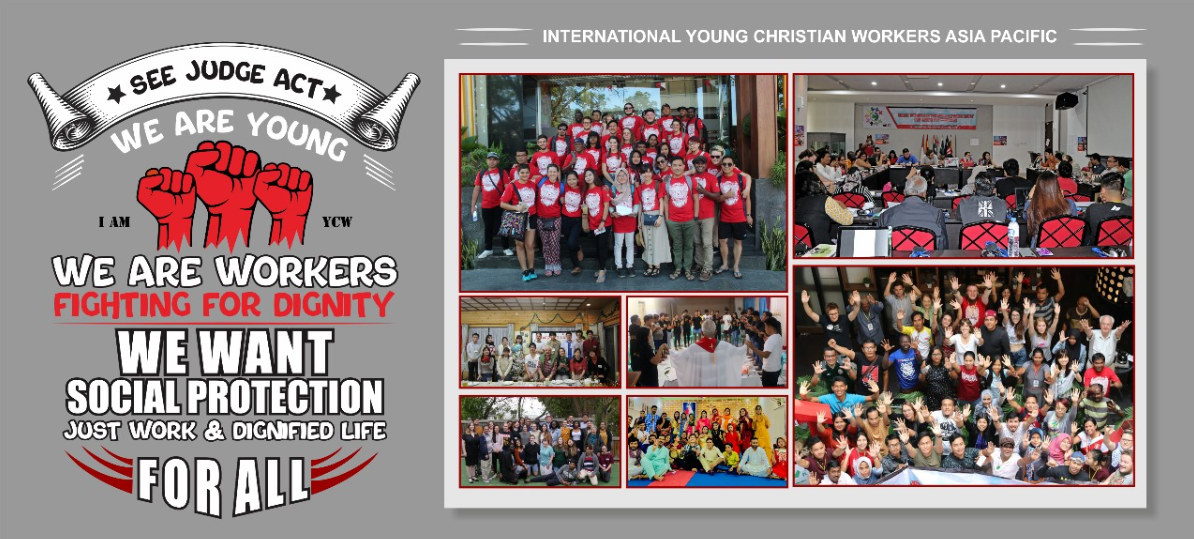
Welcome to the page of ASPAC YCW !
The International Young Christian Workers Asia Pacific (IYCW-ASPAC) serves as the regional coordination body of the International Young Christian Workers (IYCW) movement. It is responsible for inspiring, guiding, and supporting the actions and experiences of YCW national movements across Asia and the Pacific. The IYCW is a vibrant and proactive movement of young workers striving for justice and solidarity. Through collective action, they confront injustices rooted in their daily realities at work and in life. Currently, YCW operates in Japan, the Philippines, Thailand, Indonesia, Australia, Pakistan, Sri Lanka, India, and Hong Kong.
Challenges Facing Young Workers in Asia and the Pacific
Thousands of young workers in the region face challenges such as precarious work, unemployment, lack of social protection, workplace discrimination, stress, and the impacts of climate change. In this context, the work of YCW remains as relevant as ever, providing a platform for young workers to take collective action and advocate for change.
YCW's Mission and Commitment
The YCW movement prioritizes education through action, rooted in the lived experiences of young workers. It starts by addressing the personal and collective challenges faced by young workers, challenging the societal values that contradict their beliefs and aspirations.
Working collaboratively with other organizations, trade unions, and institutions, YCW envisions a society built on equality, solidarity, and justice. This vision includes equitable wealth and resource distribution, placing people at the center of economic, political, and social systems, and guaranteeing universally recognized fundamental rights for all.
International Plan of Action (IPA) 2023–2026
Under the IPA 2023–2026, YCW national movements in the ASPAC region are focusing on the following key areas:
- Decent Work and Social Protection
- Gender and Diversity
- Access to Quality Education
- Environment
- Social and Solidarity Economy
Reference National On-Going Actions Across Asia and the Pacific
YCW- Indonesia
- Promoting Social Solidarity Economy in the Sancanaga community to enhance income, preserve the environment, and protect cultural heritage.
YCW- Philippines
- Advocating for social protection and access to government services and programs for young fisherfolk in Mercedes, Camarines Norte.
YCW- Pakistan
- Empowering women through training programs, livelihood education, and economic initiatives to combat gender discrimination.
YCW- Australia
- Creating spaces for young people to foster leadership, community, and social expression through initiatives like the Sol' Music Festival, which addresses mental health and social issues while promoting solidarity.
YCW- Sri Lanka
- Addressing the livelihoods and societal roles of women workers through Social Solidarity Economy initiatives.
YCW- Japan
- Tackling precarious work conditions by addressing issues related to work hours, rest, workplace pressure, relationships, and wages.
YCW- Thailand
- Supporting migrant workers and platform workers in precarious work environments.
YCW- India
- Rebuilding the YCW movement with support from former members, aiming to regain full membership status by 2026.
Through these actions, YCW-ASPAC continues to empower young workers to transform their realities and build a more just and equitable society.
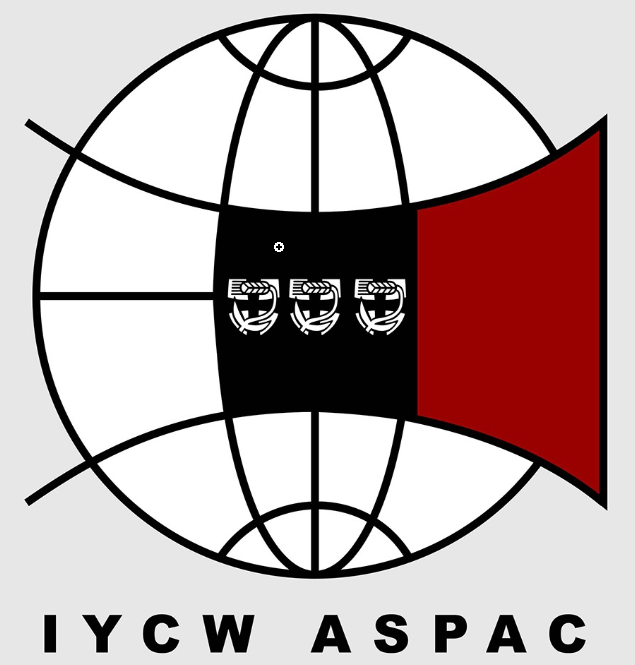 |
Facebook: https://www.facebook.com/iycwasiapacific
Instagram: https://www.instagram.com/iycwaspac/ Website: https://iycw-aspac.org/Contact: https://iycw-aspac.org/hubungi |
|
National Movements in ASPAC YCW
|
|
|
|
|
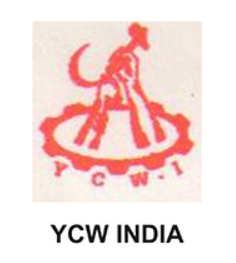 |
|
 |
|
|
|
|
ASPAC Facebook Page
ASPAC News
- Rebuilding Young Workers' Hope: YCW Sri Lanka's Journey Towards Empowerment and Change 23 January 2025
- “Education on the Clock”: The Reality of Filipino Students Who Work to Learn 21 November 2024
- Extending And Strengthening YCW Action In Thailand 29 October 2024
- Implementing the Social Solidarity Economy in YCW Indonesia 12 September 2024
- The Reality of Young People in India: some Highlights after the Visit of the International Secretariat to YCW India 11 September 2024
- The Life and Work of Young Workers in Japan and Their Commitment to Action 26 March 2024
- YCW Philippines: The Law, the Reality and the Limit of Contractualization – What Every “Endo” Worker Should Know 21 February 2024
- Philippines: The Life and Work of Young Fishermen in Mercedes, Camarines Norte 04 January 2024
- Australia YCW/YCS: Annual National Action Conference in Adelaide, July 2023 28 July 2023
- Philippine Young Workers Care for our Common Home 30 June 2023
- Errol Samarista: All Fishermen to Receive Adequate Social Protection 18 November 2021
- “Generation Connection”: the new national campaign of the Australian YCW 11 May 2020
- The Philippines YCW held its 34th National Council in Taytay, Rizal 22 October 2018
- News from the Asia & Pacific YCW: “We believe we are the solution” 07 September 2018
- The World of Work in Asia and Pacific 07 September 2018




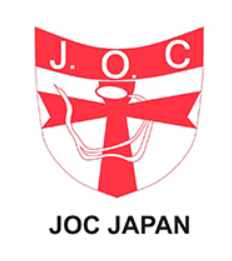
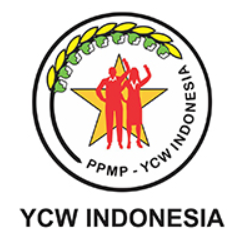

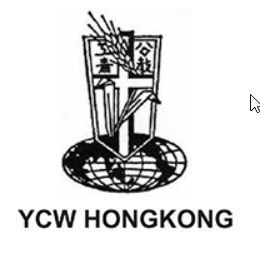

 English
English  Español
Español  Français
Français